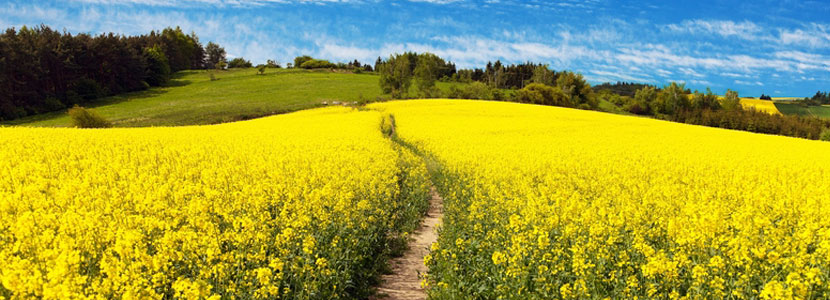 08 Sep 2022
08 Sep 2022
Rapeseed cake supplementation represents a potential dietary strategy to reduce methane emissions in dairy cattle.
Finding alternative to meet the nutritional needs of the world’s growing population while reducing the environmental impacts associated with mass food production represents a big challenge.
Ruminants play a significant role in food systems due to their ability to convert feedstuffs that are unsuitable for human consumption into high-quality protein (milk and meat). However, cattle production and its high methane (CH4) emissions are a big culprit for global climate change.
Methane also represents an estimated loss of 6.0 ± 1.18% of energy intake in dairy cows (Niu et al., 2018).
Although CH4 is a more potent greenhouse gas than CO2, it has a shorter half-life than CO2, which makes it an attractive target to instate faster global warming mitigation efforts.

Current approaches to sustainable ruminant production seek to optimize animal feeding as well as establishing efficient management practices. Various nutritional and management strategies have been reported to be effective in mitigating greenhouse gas emissions associated with ruminant production (Knapp et al., 2014; Beauchemin et al., 2020). Amongst which lipid supplementation is one of the most promising tools used to reduce CH4 production (Beauchemin et al., 2009; Bayat et al., 2018). while increasing feed efficiency (NRC, 2001) and the proportion of nutritionally desirable milk fatty acids (FA; Kliem and Shingfield, 2016; Kliem et al., 2019).

Increasing attention has been given to the potential of chemical additives, such as3-nitrooxypropanol and nitrate, or plant extracts. However, many of these strategies are not feasible solutions in practice, due to availability, transient effects, or high implementation costs.

The replacement of rapeseed meal with rapeseed cake has been shown to reduce CH4 emissions, improves milk FA composition, and also may increase milk yield by providing additional oil to the diet. For such purpose researchers set a group of researchers set out to evaluate the potential benefits of fully replacing rapeseed meal with high-oil rapeseed cake. Assessing its effects on: nutrient utilisation, enteric methane emissions, and milk production in dairy cattle.They hypothesized that the inclusion of high-oil rapeseed cake and that of dietary natural additives could reduce enteric methane emissions without impacting animal performance and nutrient utilization.

Materials and Methods
The experiment was conducted under regional State Administrative Agency approval (Hämeenlinnan, Finland; ESAVI/34265/2019).
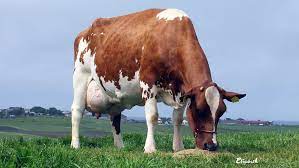
The study was carried out with 8 multiparous Nordic Red dairy cows were randomly assigned to treatment sequences in a replicated 4 × 4 Latin square design.
Dietary treatments were formulated on yield at a 45:55 ratio of grass silage to concentrate. The composition of such treatments was:
Results
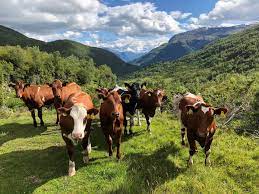
Source: Abstract taken and modified from “Evaluating the effects of high-oil rapeseed cake or natural additives
on methane emissions and performance of dairy cows.”
Subscribe now to the technical magazine of animal nutrition
AUTHORS
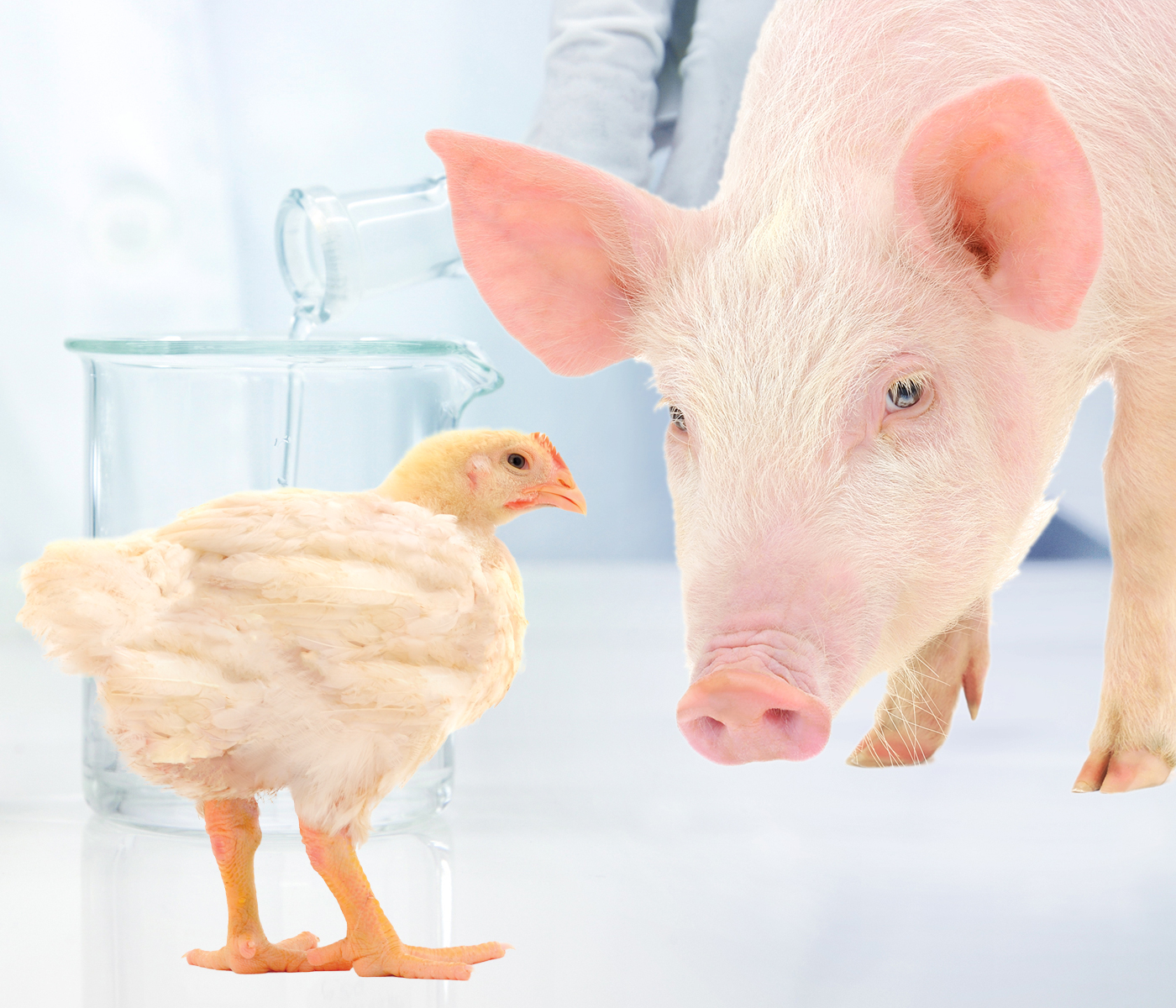
Still using Choline Chloride in animal nutrition?
Maria Alejandra Perez Alvarado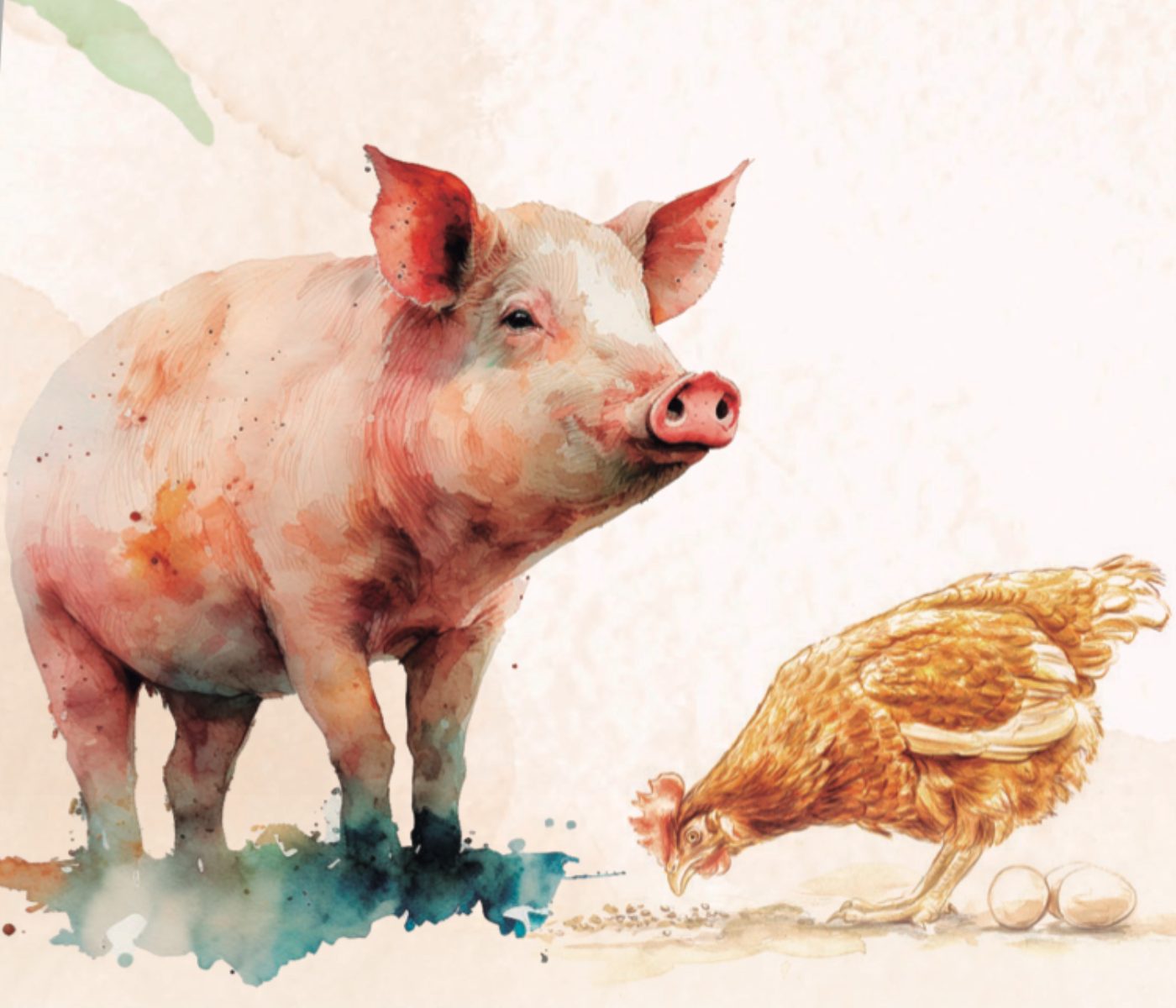
Unlocking the Potential of Sorghum in Poultry and Swine Nutrition
Vivian Izabel Vieira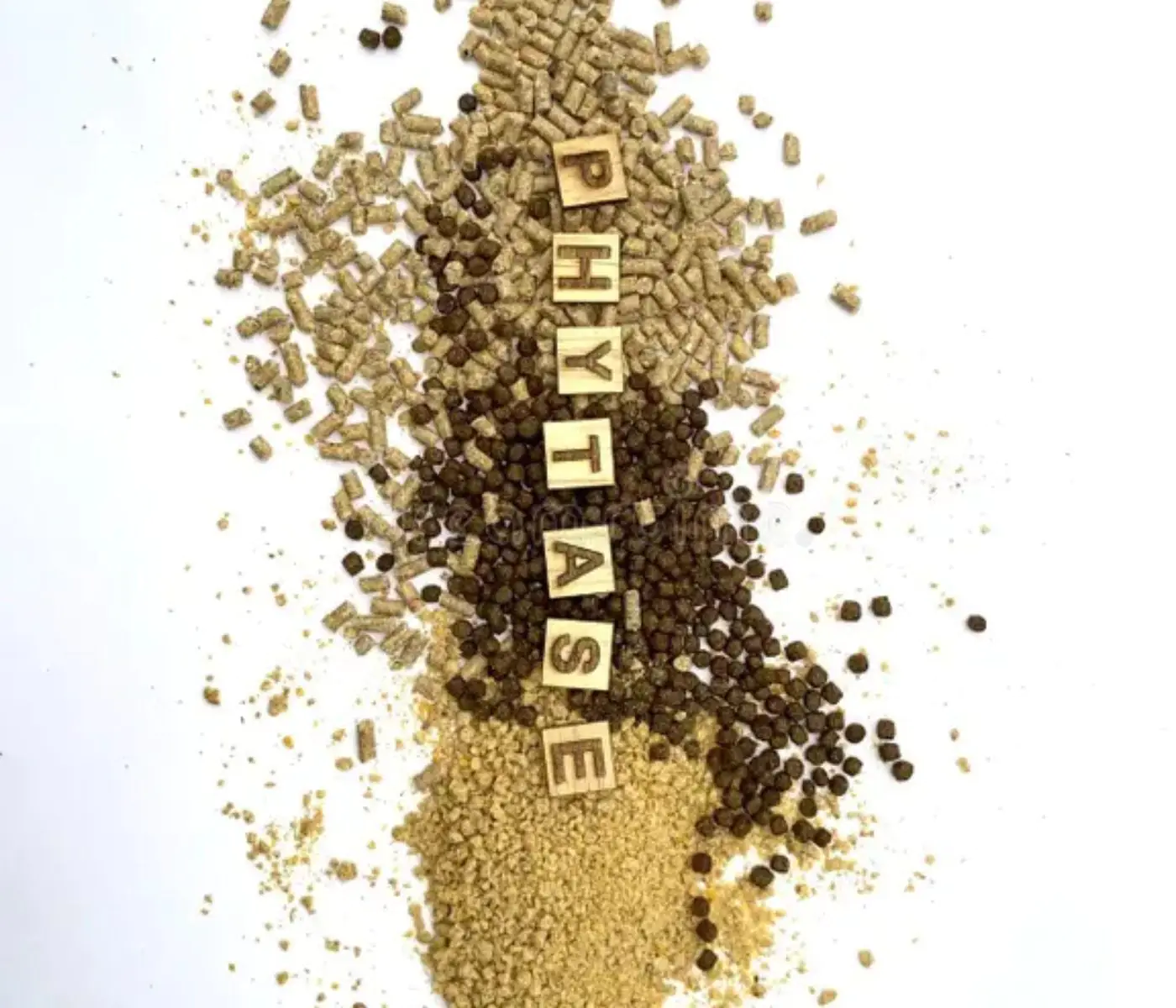
The Secrets Behind a Phytase
Juan Gabriel Espino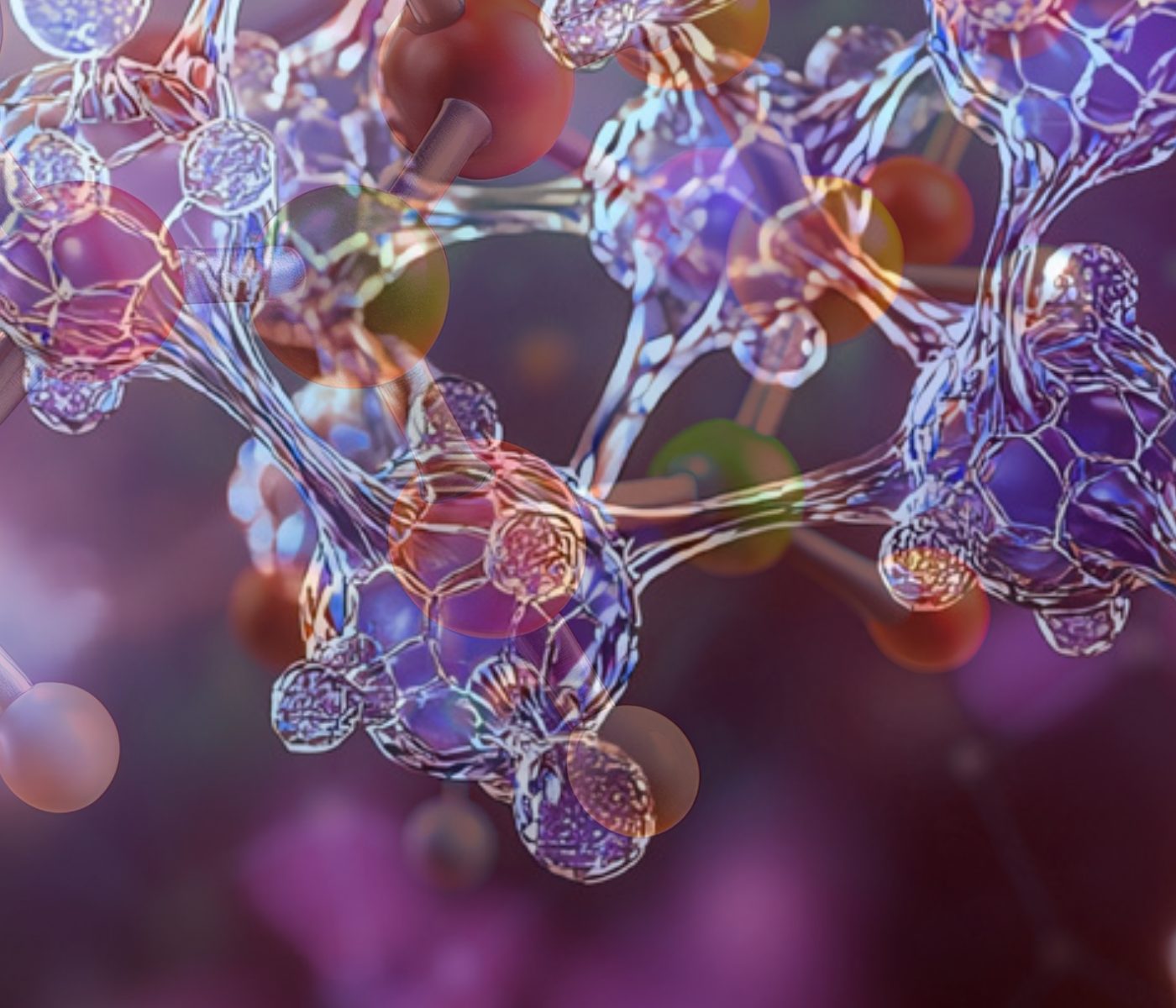
Nutrient and energy content of synthetic and crystalline amino acids
Edgar Oviedo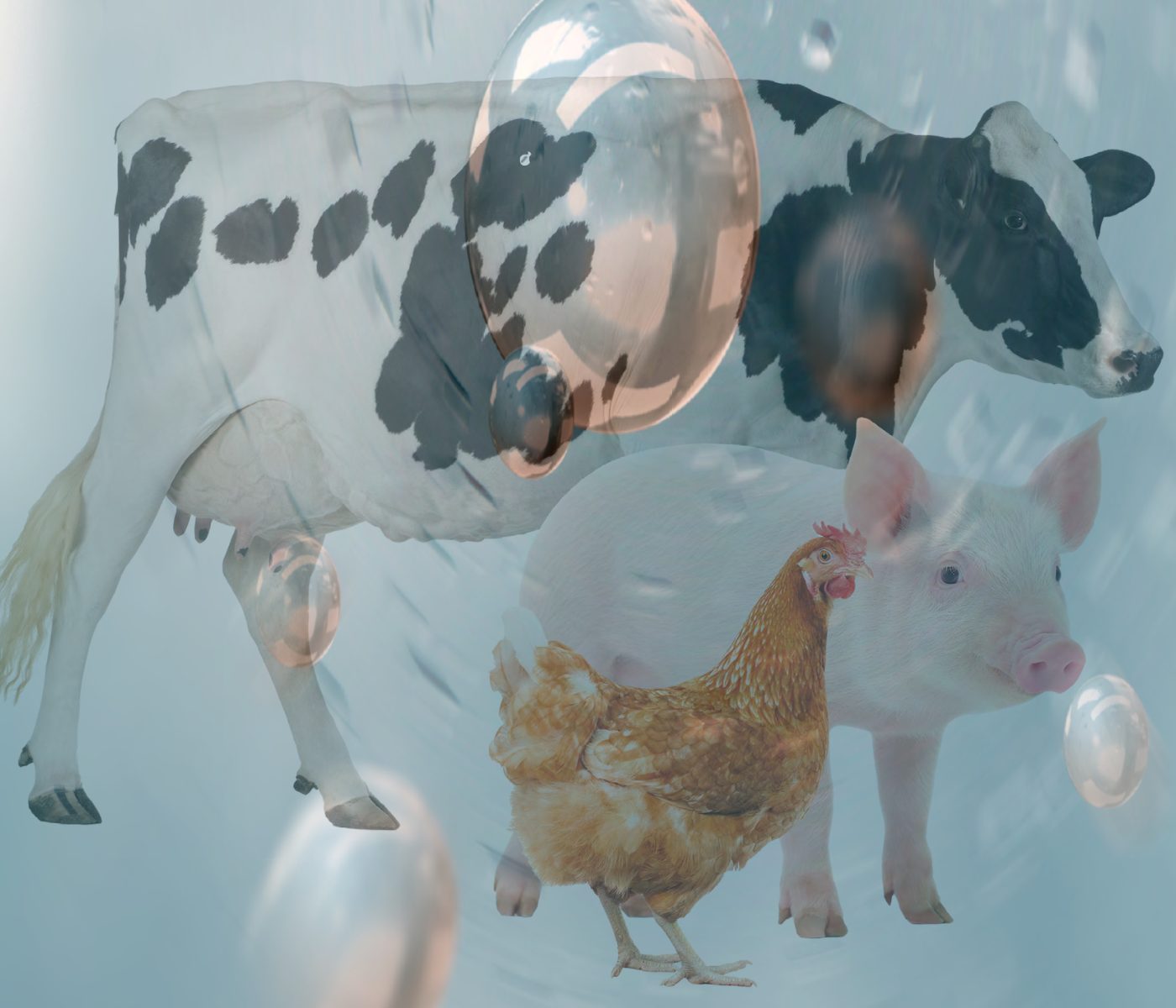
Micro Minerals, Macro Impact: Enhancing Poultry, Swine, and Cattle Nutrition
Gustavo Adolfo Quintana-Ospina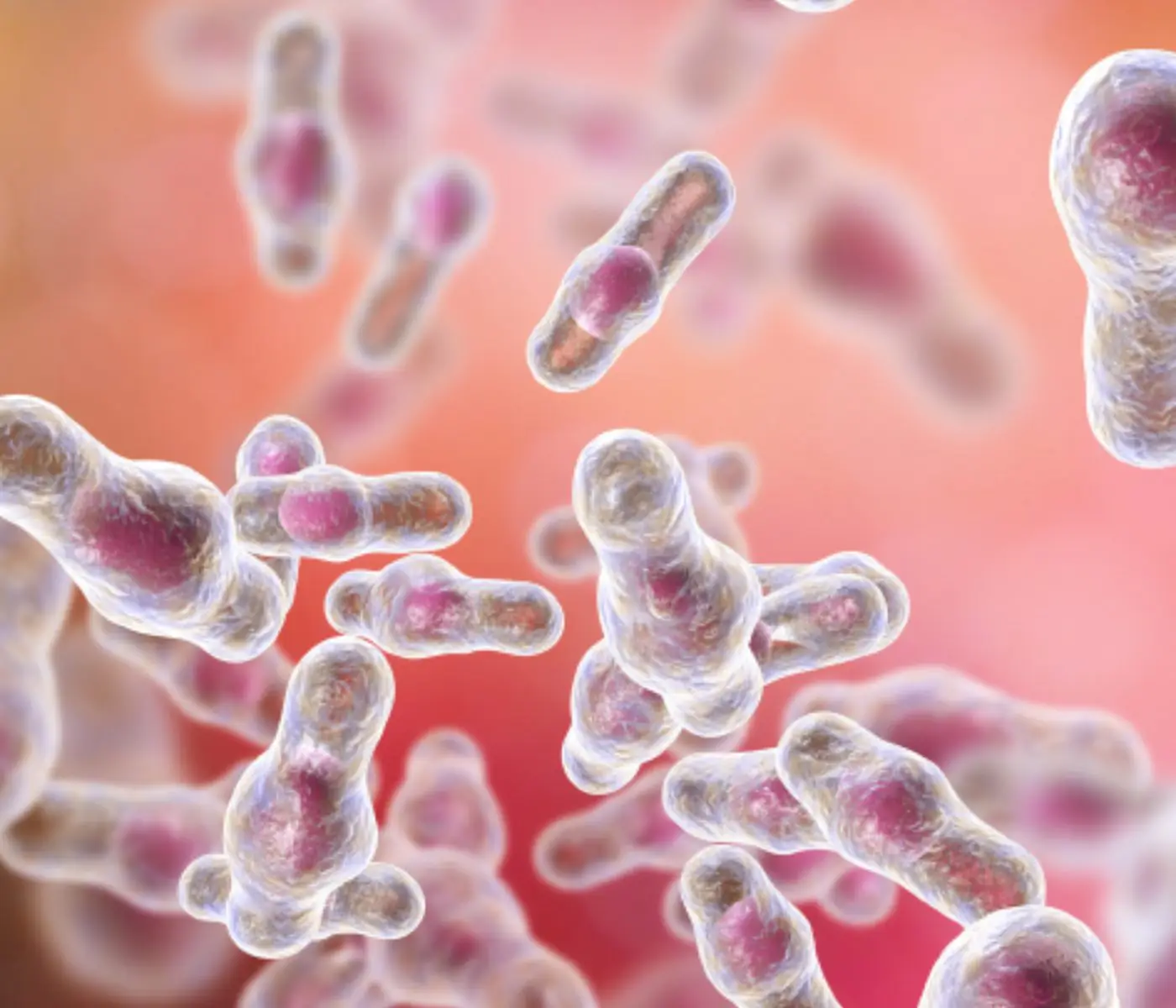
Smart Nutrition: Targeted Strategies to Combat Necrotic Enteritis in Broilers
M. Naeem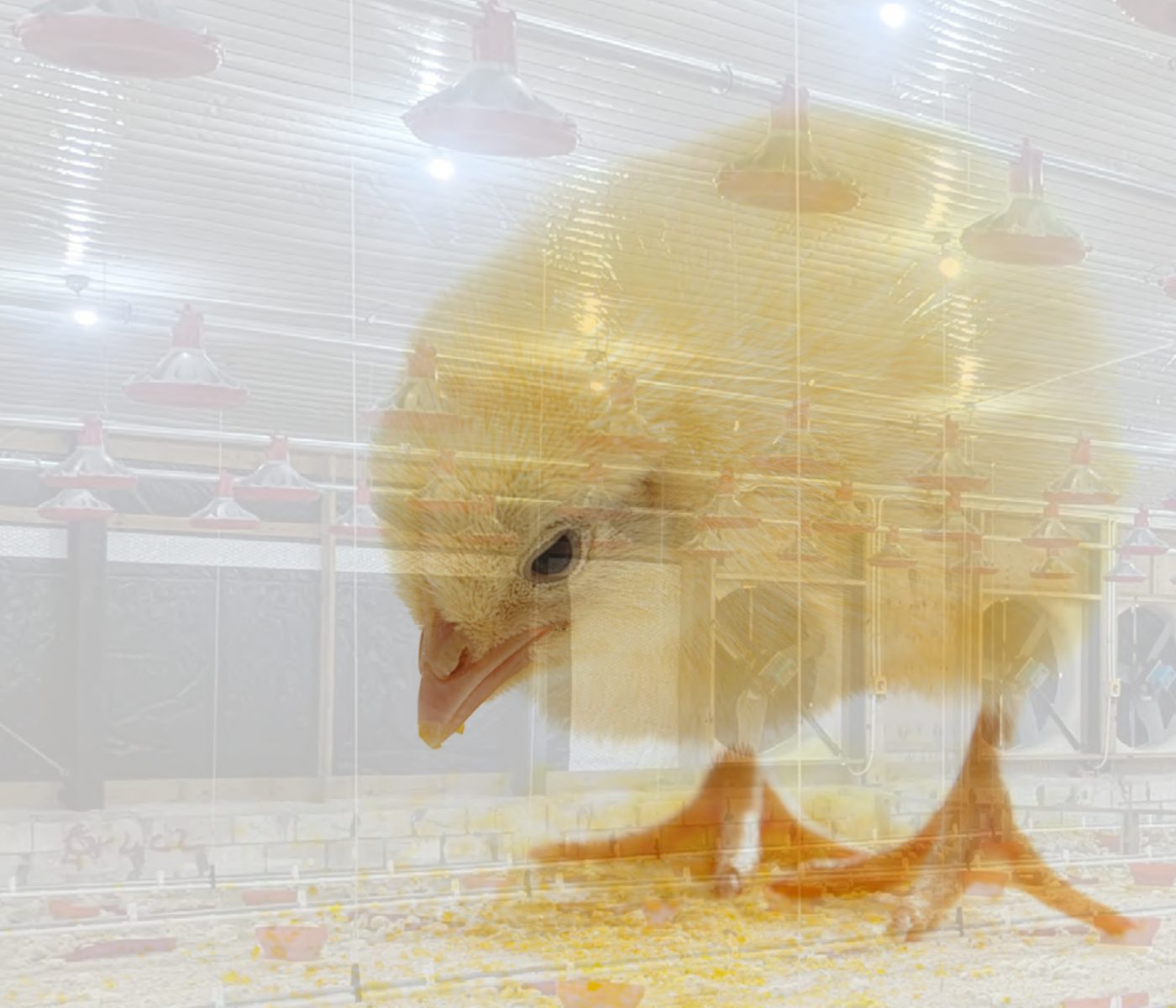
Navigating Poultry Nutrition in a Tropical Environment
Tanika O'Connor-Dennie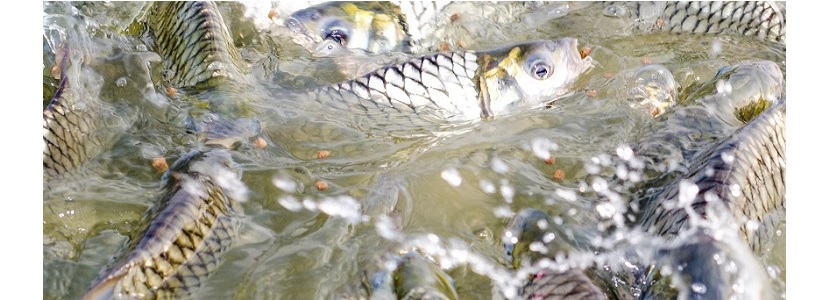
Protein in Aquafeeds: Balancing Requirements, Sources, and Efficiency
Jairo Gonzalez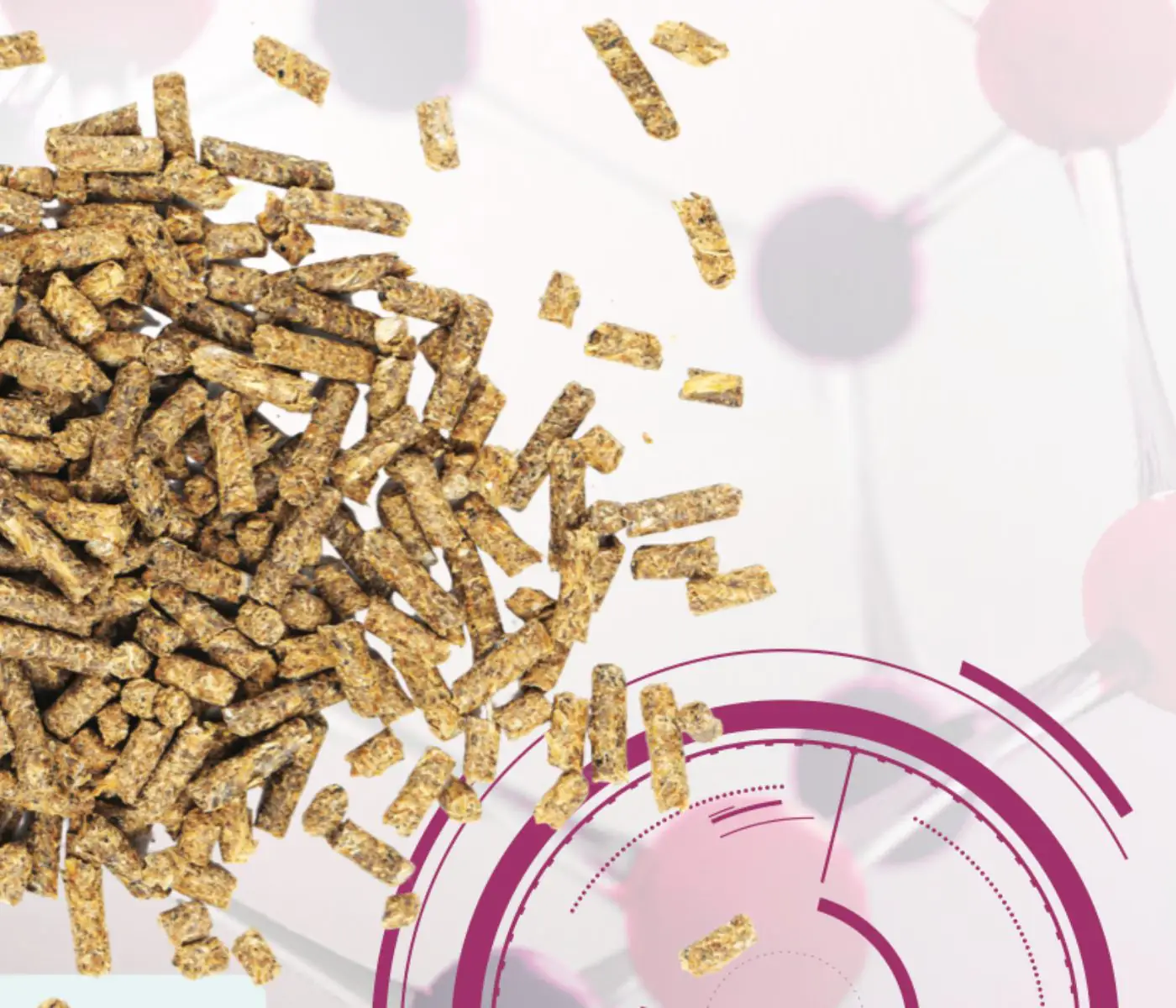
Use of oxidized fats in pigs: risks and considerations
Maria Alejandra Perez Alvarado